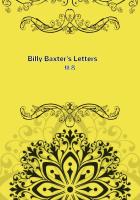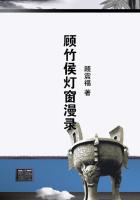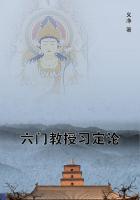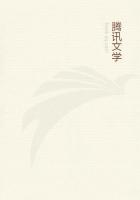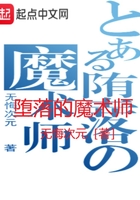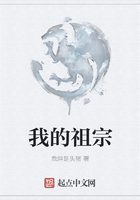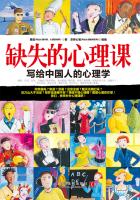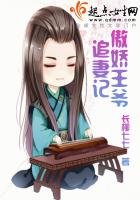Surely it was the tower of Siloam that was naught rather than those who stood under it; it was the system rather than the people that was at fault. If Theobald and his wife had but known more of the world and of the things that are therein, they would have done little harm to anyone. Selfish they would have always been, but not more so than may very well be pardoned, and not more than other people would be. As it was, the case was hopeless; it would be no use their even entering into their mothers' wombs and being born again. They must not only be born again but they must be born again each one of them of a new father and of a new mother and of a different line of ancestry for many generations before their minds could become supple enough to learn anew. The only thing to do with them was to humour them and make the best of them till they died-- and be thankful when they did so.
Theobald got my letter as I had expected, and met me at the station nearest to Battersby. As I walked back with him towards his own house I broke the news to him as gently as I could. I pretended that the whole thing was in great measure a mistake, and that though Ernest no doubt had had intentions which he ought to have resisted, he had not meant going anything like the length which Miss Maitland supposed. I said we had felt how much appearances were against him, and had not dared to set up this defence before the magistrate, though we had no doubt about its being the true one.
Theobald acted with a readier and acuter moral sense than I had given him credit for.
"I will have nothing more to do with him," he exclaimed promptly, "I will never see his face again; do not let him write either to me or to his mother; we know of no such person. Tell him you have seen me, and that from this day forward I shall put him out of my mind as though he had never been born. I have been a good father to him, and his mother idolised him; selfishness and ingratitude have been the only return we have ever had from him; my hope henceforth must be in my remaining children."
I told him how Ernest's fellow curate had got hold of his money, and hinted that he might very likely be penniless, or nearly so, on leaving prison. Theobald did not seem displeased at this, but added soon afterwards: "If this proves to be the case, tell him from me that I will give him a hundred pounds if he will tell me through you when he will have it paid, but tell him not to write and thank me, and say that if he attempts to open up direct communication either with his mother or myself, he shall not have a penny of the money."
Knowing what I knew, and having determined on violating Miss Pontifex's instructions should the occasion arise, I did not think Ernest would be any the worse for a complete estrangement from his family, so I acquiesced more readily in what Theobald had proposed than that gentleman may have expected.
Thinking it better that I should not see Christina, I left Theobald near Battersby and walked back to the station. On my way I was pleased to reflect that Ernest's father was less of a fool than I had taken him to be, and had the greater hopes, therefore, that his son's blunders might be due to postnatal, rather than congenital misfortunes. Accidents which happen to a man before he is born, in the persons of his ancestors, will, if he remembers them at all, leave an indelible impression on him; they will have moulded his character so that, do what he will, it is hardly possible for him to escape their consequences. If a man is to enter into the Kingdom of Heaven, he must do so, not only as a little child, but as a little embryo, or rather as a little zoosperm--and not only this, but as one that has come of zoosperms which have entered into the Kingdom of Heaven before him for many generations. Accidents which occur for the first time, and belong to the period since a man's last birth, are not, as a general rule, so permanent in their effects, though of course they may sometimes be so. At any rate, I was not displeased at the view which Ernest's father took of the situation.

